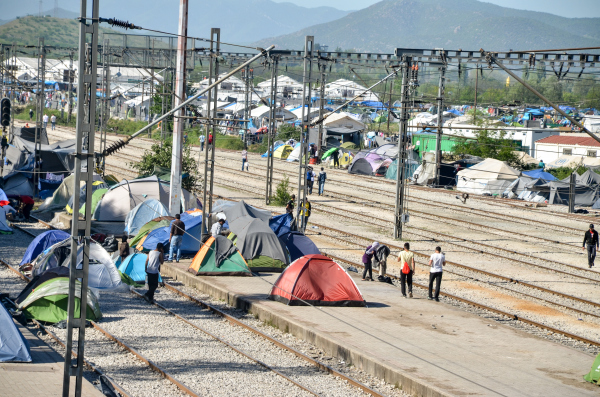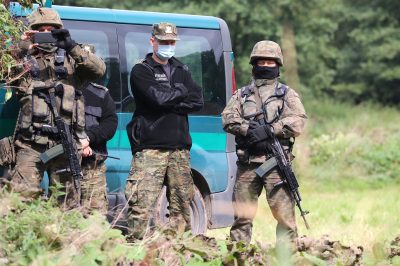
On Thursday, 8 June 2023, the Council of the European Union adopted a common negotiating position on the asylum procedure regulation and on the asylum and migration management regulation
The reforms include a proposal to introduce a solidarity mechanism that obliges Member States to join the EU's system for receiving migrants. The proposed measures include a minimum annual number of migrants to be relocated from EU border countries to Member States where fewer migrants arrive. In addition, an equivalent of 20,000 euros has been proposed for each person who is not admitted under the relocation procedure. In practice, this means that the Member State can choose between accepting migrants and paying a fee of EUR 20,000 for each person not accepted.
The position also included a provision on the return of migrants to so-called “safe third countries”. However, as part of a compromise, it was agreed that it is up to the Member States, and not the EU as a whole, to decide which third country is “safe” for migrants who are returned because they are not entitled to international protection. This flexibility in deciding which third country is safe can result in migrants being returned to countries that most EU Member States consider unsafe. For example, Poland may categorise Belarus as “safe” for migrants, which seems very likely in the context of the humanitarian crisis on the Polish-Belarusian border and the Polish government's treatment of the victims of this crisis.
According to the adopted position, before returning a migrant, a Member State will be obliged to prove its “relationship” with the “safe” third country to which the person is to be returned. However, this relationship will be defined by the Member State, which, like the recognition of a third country as “safe”, will be entirely arbitrary. According to the least strict interpretation of the “relationship” rule, a Member State wishing to return a migrant to a third country only needs to prove that the migrant has stayed in that country. According to the HFHR, this may lead to an intensification of violations of the rights of people seeking safety in the EU and increase the risk of pushbacks.
The reform also provides for a change to the Dublin system, which determines which Member State is responsible for examining an application for international protection. The new proposal includes a provision to extend the period during which a Member State remains responsible for a migrant. In addition, new procedures have been introduced which, among other things, make it possible to transfer responsibility to transit countries. The HFHR believes that this could make it more difficult for migrants to access a fair asylum procedure, increase the risk of detention and prolong the international protection procedures. According to the European Council on Refugees and Exiles (ECRE), this reform will not help to improve the functionality of the Dublin system.
ECRE also notes that the proposed changes are at odds with the system of reception of persons relocated from Ukraine, which is characterised by immediate access to protection status, the absence of complicated procedures allowing relocated persons to take up work quickly, and freedom of movement within the EU, which contributes to family reunification and greater responsibility-sharing between Member States.
The common position was adopted by a qualified majority. Hungary and Poland voted against, while Bulgaria, Lithuania, Malta and Slovakia abstained. The position will form the basis for the negotiations between the EU Council Presidency and the European Parliament. The agreement between these bodies will then become EU law.
In the meantime, the humanitarian crisis at Europe's borders continues. Last year alone, more than 2,000 people died at the EU's borders, including those at the Polish-Belarusian border. The Polish authorities are violating Polish, EU and international law on a daily basis by deporting migrants to Belarus and refusing to accept applications for international protection. According to the HFHR, the EU should take responsibility for common violations of migrants' rights in the Member States, which is why a common EU position is so necessary. However, the proposed amendments make it more difficult for migrants to seek protection in the EU and increase the risk of deportations, which pose a direct threat to the lives and health of those who cross the border.


